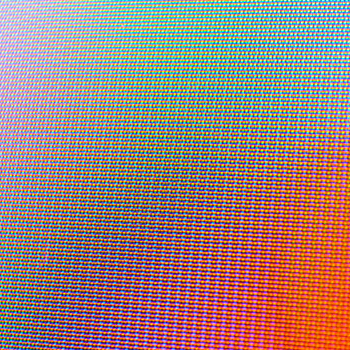Question #60ff3
1 Answer
Sep 3, 2017
Break it down as follows
Explanation:
Now, as
This means that its square also goes to 1.
Since cosine is continuous at 0,
Put this together, and you should arrive at an overall limit of 9.

